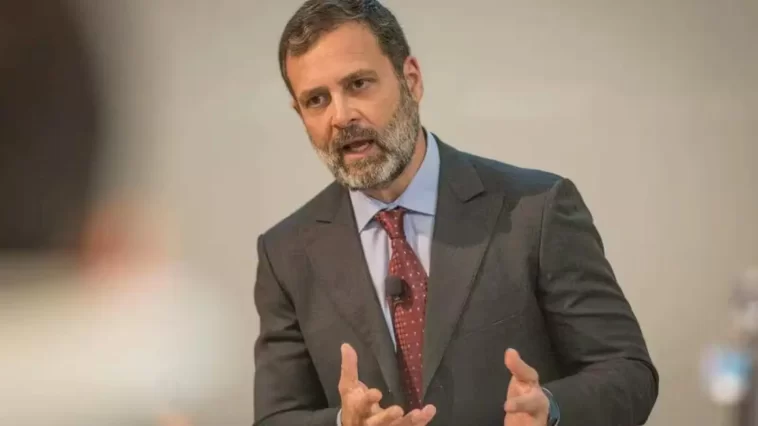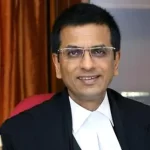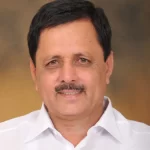Rahul Gandhi’s Cambridge speech: Tuesday at Cambridge University, Congress leader Rahul Gandhi delivered a lecture entitled “Learning to Listen in the 21st Century.” In his speech at the university’s Judge Business School, he advocated for the promotion of a global democratic environment over a restrictive one.
5 top Points from Rahul Gandhi’s Cambridge speech:
1. Rahul asserted that Israeli surveillance was used Pegasus was used to eavesdrop on the phone conversations of numerous political leaders, including his own. He added that intelligence personnel had cautioned him to be “cautious” regarding phone conversations, which were allegedly being recorded. “Pegasus was installed on my phone. Numerous politicians had Pegasus on their mobile phones. I’ve been contacted by intelligence officers who advised me to be mindful of what I say on the phone because they are recording the conversation.
2.Claiming that the Indian democracy was under attack, he stated that the opposition was facing “constant pressure” in the form of unjustified criminal charges. Rahul added that the fundamental elements of a democracy – the legislature, the free press, and the judiciary – were being constrained.”I have a number of criminal responsibility cases that should not be criminal responsibility cases…
Everyone is aware and it has been widely reported that the Indian democracy is under duress and is under attack “The congressman stated in his speech.
Rahul, describing a photograph of himself being detained by police, stated that opposition party leaders were “incarcerated for simply standing and discussing issues in front of the Parliament House.” This has occurred three or four times…relatively violently. You are also familiar with the assaults against minorities and the media. You get a notion of the situation,” he stated.
3. Rahul recalled incidents from his recently concluded 4,000-kilometer, 12-state Bharat Jodo Yatra. He described a face-to-face encounter with terrorists in Jammu and Kashmir to illustrate the efficacy of listening and nonviolence. He continued walking despite being warned by security personnel about possible terrorist attacks. An unidentified man who approached Rahul and questioned whether he had truly come to hear the valley’s inhabitants pointed to a nearby group of’militants.’
“When I saw them, I realised I was in danger…Nothing occurred, so we simply continued…”They had no power to do anything, even if they wanted to, because I came into that environment to observe and had no violent tendencies whatsoever,” he said as he displayed photographs from the Congress-led yatra.
He added that the concept of Bharat Jodo arose from the need to communicate with people and bring attention to prejudice, unemployment, and growing inequality in an increasingly stifling environment.
4.He also discussed the divergent ideologies of the United States and China since World War II and the fall of the Soviet Union in 1991. In reference to the vast shift of production to China and the decline in manufacturing in nations such as India and the United States, he stated that inequality and anger must be addressed immediately.
Sharing that he was initially astonished by the individual liberty and openness in the United States of America, he stated that the situation altered after the terrorist attacks of September 11, 2001.Shortly after the assassination of his father, Rajiv Gandhi, Rahul Gandhi stated that his ID was not verified at an airport. “Anyone can move to the United States and pursue the American dream. Inside the United States, you will be trusted and protected. Outside the nation, they can sometimes commit criminal acts “he said.
5.Admitting that he was not a China expert, he imparted what he had learned from conversations with senior leaders. He stated that the country “idolises concord” by organising itself around the Chinese Communist Party. “China considers energy, flux, and processes before attempting to mould them. Using this metaphor, the Belt and Road can be understood.”




